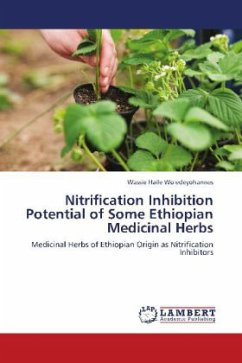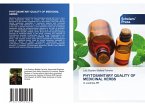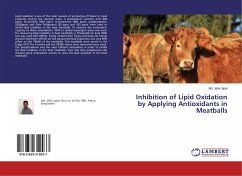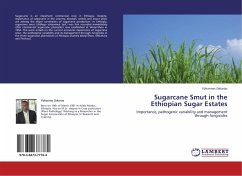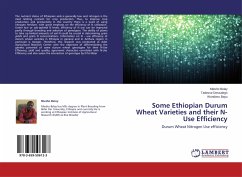Nitrification is the biological conversion of ammonium to nitrate mediated by nitrifying microorganisms. The process is important in nitrogen (N) cycling and nitrate is one of the forms of N taken up by plants. However, in some soils it is produced in excess of plant demand leading to leaching of nitrate causing pollution and/or loss of N through denitrification. Excess nitrate production could be decreased with the help of nitrification inhibitors such as N-serve and DCD along with nitrogenous fertilizers. These inhibitors decrease excess nitrate production by killing or inhibitimg nitrifying bacteria. However, such commercial inhibitors are expensive making them beyond the reach of poor farmers. Thus, it was hypothesized that some Ethiopian medicinal herbs that have been proved to be effective against some human pathogenic bacteria could also be effective and cheap nitrification inhibitors. Accordingly, ten Ethiopian traditional medicinal herbs were tested for their nitrification inhibiting ability. Three of them were found to be effective inhibitors. The details of the findings are presented in this book. The findings are important for professionals, farmers and environmentalist.
Bitte wählen Sie Ihr Anliegen aus.
Rechnungen
Retourenschein anfordern
Bestellstatus
Storno

